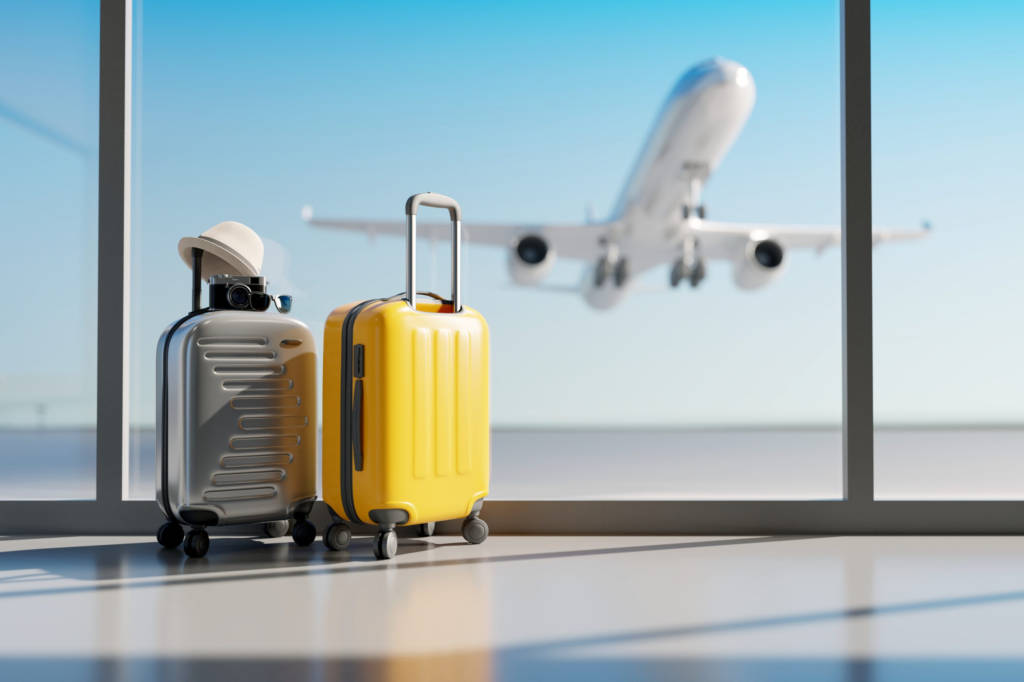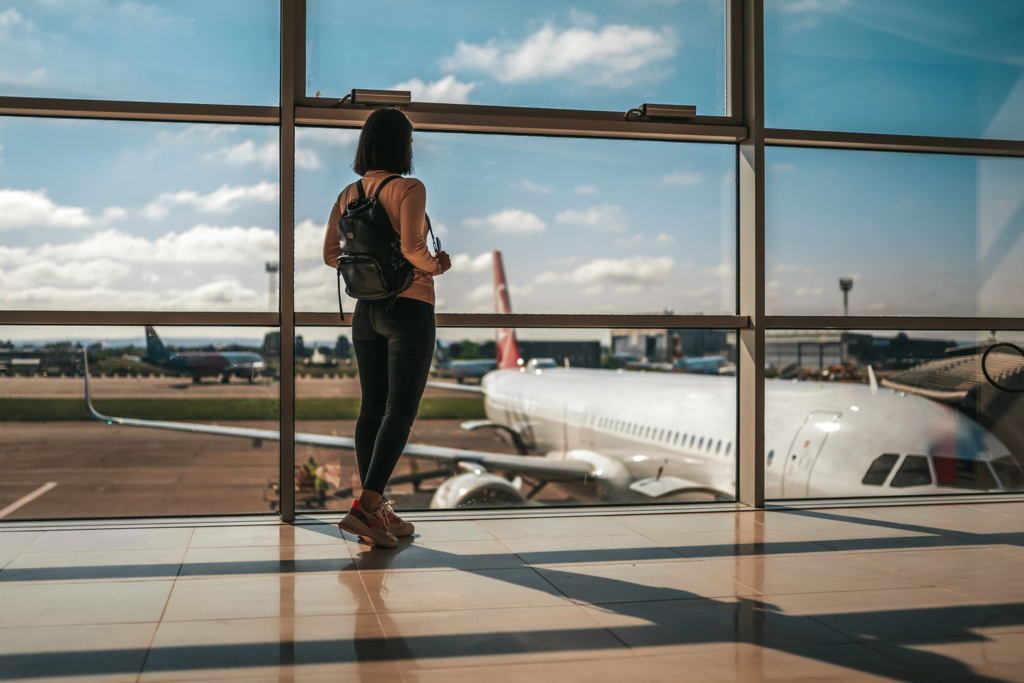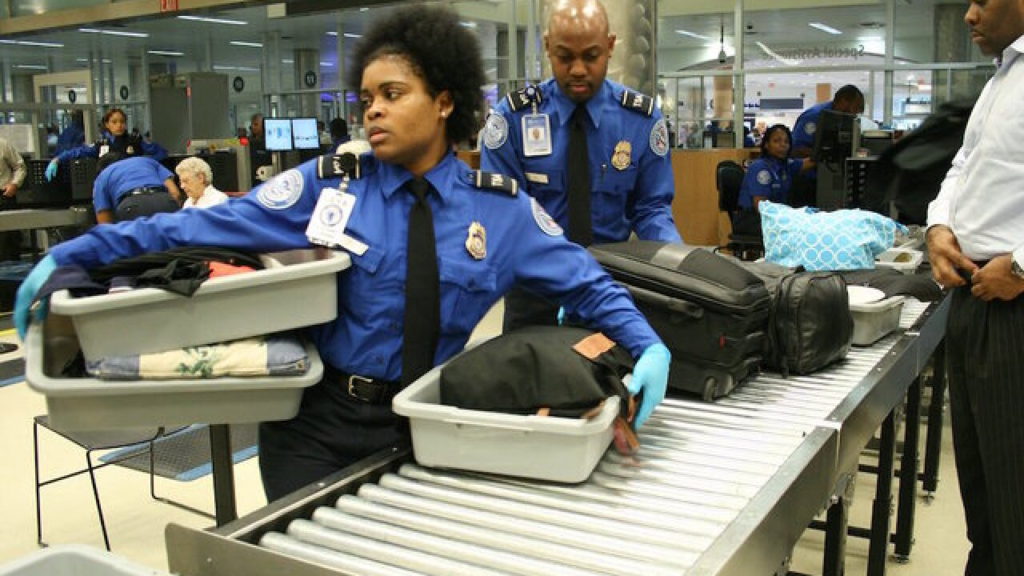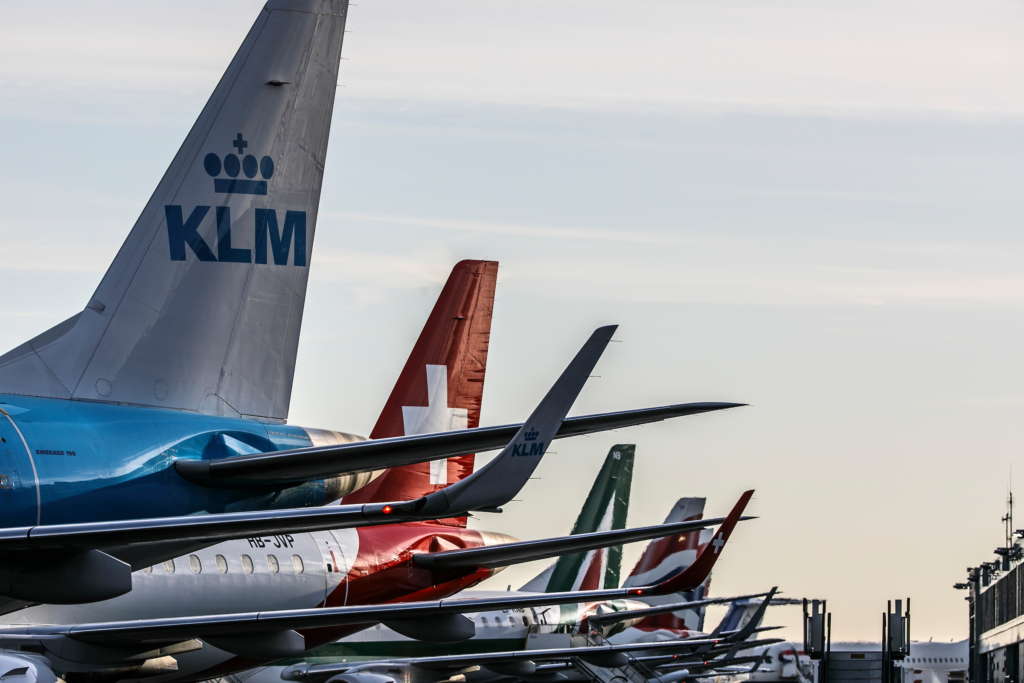Air travel can be a complex and sometimes overwhelming experience, especially for first-time travelers. From booking flights to navigating security checks, understanding airline regulations, and planning your journey, there are several factors that can make or break your trip. This guide offers a comprehensive look at the 10 most important things you need to know about traveling by plane, complete with prices, timings, and practical advice to help ensure your journey is as smooth as possible.
1. Booking Tickets in Advance Can Save You Money

One of the golden rules of air travel is that booking your tickets well in advance usually results in lower fares. Flight prices fluctuate based on demand, time of year, and how far in advance you book. According to a study by CheapAir.com, the best time to book a domestic flight is around 47 days before departure. For international flights, the optimal booking window can vary between 120 to 180 days in advance, depending on the destination.
Ticket prices can range significantly, but for a domestic U.S. flight, you might expect to pay anywhere from $150 to $500 for an economy ticket, depending on the season and the distance. For international flights, fares can range from $400 to $1,500 or more, depending on the route and the class of service.
Tip: Use fare alert tools like Google Flights or Skyscanner to monitor prices and get notified when the best deals are available.
2. Be Aware of Baggage Fees and Weight Restrictions

Baggage fees have become a common part of air travel, especially for budget airlines. It’s important to understand the luggage policies of the airline you’re flying with, as these can vary significantly. Many low-cost carriers charge for both checked baggage and carry-ons, with prices ranging from $20 to $60 for a checked bag, depending on the airline and whether you pay online or at the airport. For carry-ons, some budget airlines may charge anywhere from $10 to $40.
Most airlines allow a carry-on bag (within size restrictions) and a personal item, such as a purse or laptop bag, for free. However, checked baggage usually comes with strict weight limits, typically 50 pounds (23 kg) for most airlines. Exceeding this weight limit can result in hefty overweight baggage fees, sometimes as high as $100 or more.
Tip: Weigh your luggage at home before heading to the airport to avoid any surprises at check-in. Consider packing light and investing in quality luggage that meets airline size requirements.
3. Arriving at the Airport Early is Key

When it comes to air travel, time is of the essence. Most airlines recommend arriving at least 2 hours before a domestic flight and 3 hours before an international flight. This allows ample time to check in, drop off baggage, go through security, and find your gate. Keep in mind that during busy travel periods, such as holidays or peak tourist seasons, security lines can be much longer than usual, adding to the time needed.
It’s also worth noting that many airports now offer expedited security screening programs like TSA PreCheck (U.S.) or Global Entry, which can save you time at the security checkpoint. TSA PreCheck costs $85 for a five-year membership, while Global Entry, which includes TSA PreCheck, costs $100.
Tip: Check in online 24 hours before your flight to save time at the airport, and use mobile boarding passes when possible to streamline the process.
4. Understanding Security Procedures

Airport security can be one of the more stressful aspects of flying, especially if you’re unfamiliar with the procedures. The TSA (Transportation Security Administration) in the U.S. requires passengers to remove their shoes, belts, and outerwear, as well as take out liquids and electronics from carry-on bags for separate screening. Liquids must be in containers of 3.4 ounces (100 milliliters) or less and placed in a clear, quart-sized bag.
Security screenings vary slightly by country, but most follow similar procedures. Expect random checks, and always ensure you don’t have any prohibited items, such as sharp objects or oversized liquids, in your carry-on.
Tip: Dress for security. Wear slip-on shoes and avoid heavy jewelry or belts that might trigger metal detectors. Packing your liquids and electronics in an easily accessible spot will also speed up the process.
5. Know Your Airline’s Cancellation and Change Policies

Unexpected events can occur, and sometimes, you may need to cancel or change your flight. It’s crucial to understand your airline’s cancellation and change policies before booking. Many airlines offer non-refundable tickets, meaning if you cancel, you might only get a partial refund or a travel voucher, minus cancellation fees that can range from $75 to $200.
However, some airlines and booking platforms offer flexibility. For example, Southwest Airlines allows passengers to cancel or change their flights without fees, while others, such as Delta and United, have begun offering more flexible options in response to the COVID-19 pandemic.
Tip: Consider purchasing travel insurance if your trip is uncertain. Travel insurance typically costs between 4% and 10% of your total trip cost and can cover cancellations, medical emergencies, and lost baggage.
6. In-Flight Comfort and Amenities

Flight length and class of service can dramatically affect your in-flight experience. Economy class tickets generally offer limited legroom, with seat pitch (the distance between seats) ranging from 28 to 34 inches, depending on the airline. Long-haul flights may offer complimentary meals and beverages, while short domestic flights often provide snacks and drinks for purchase.
If comfort is a priority, consider upgrading to premium economy, business, or first class. While these upgrades can be costly—ranging from $200 for premium economy to several thousand dollars for business class on international flights—they offer benefits such as more legroom, better meals, and additional services like priority boarding.
Tip: Bring a neck pillow, noise-canceling headphones, and an extra layer of clothing for added comfort, especially on long flights. Many airlines also provide blankets and pillows, but they may be limited.
7. Jet Lag: How to Combat It

Traveling across time zones can result in jet lag, which can leave you feeling fatigued and disoriented. Jet lag is caused by your body’s internal clock being out of sync with the local time at your destination. The farther you travel, especially on international flights, the more likely you are to experience it.
To reduce jet lag, start adjusting your sleep schedule a few days before your trip. Stay hydrated during the flight, avoid alcohol, and try to sleep according to the time at your destination. Some travelers find melatonin supplements helpful for adjusting to a new time zone.
Tip: If possible, plan to arrive at your destination a day or two before any important events to give yourself time to recover from jet lag.
8. Layovers: What to Expect and How to Plan for Them

Layovers are common on long-haul flights or when flying to less accessible destinations. A layover can last anywhere from 45 minutes to 12 hours or more, depending on your itinerary. It’s essential to ensure you have enough time between connecting flights, especially if you need to go through customs or security again.
Most airlines recommend a minimum layover time of 1.5 to 2 hours for domestic flights and 2 to 3 hours for international flights. Some airports offer amenities such as lounges, restaurants, and even sleep pods for long layovers. Lounge access can be purchased, typically for $25 to $50, or accessed for free with certain credit cards or frequent flyer memberships.
Tip: Research your layover airport beforehand to see what facilities are available and whether you need to navigate multiple terminals. If your layover is more than 5 hours, consider leaving the airport to explore the city if time permits.
9. How to Handle Flight Delays and Cancellations

Flight delays and cancellations are an unfortunate reality of air travel. These disruptions can be caused by weather, mechanical issues, or air traffic control delays. If your flight is delayed, most airlines will rebook you on the next available flight at no extra cost. In some cases, you may be entitled to compensation, especially if flying within the European Union, where passengers are protected by EU Regulation 261/2004.
For example, under this regulation, if your flight is delayed by more than 3 hours, you may be entitled to compensation ranging from €250 to €600, depending on the flight distance. In the U.S., compensation for delays is less regulated but still possible in certain cases.
Tip: Keep all travel documents, including your boarding pass and receipts, as they may be needed for claiming compensation. If your delay requires an overnight stay, airlines may provide accommodation or vouchers for food and lodging.
10. Travel Insurance: Do You Need It?

Travel insurance can provide peace of mind, especially if you’re flying internationally or booking expensive trips. Policies typically cover trip cancellations, medical emergencies, lost baggage, and travel delays. The cost of travel insurance generally ranges from 4% to 10% of the total trip cost, depending on the level of coverage and your destination.
While travel insurance is not always necessary, it’s highly recommended for international flights or trips involving multiple flights and connections. If you’re traveling to a country where healthcare is expensive or if your trip involves high-risk activities like skiing or hiking, medical coverage is crucial.
Tip: Check with your credit card provider, as many cards offer some form of travel insurance or protection if you book your flights using the card.
Read more : Malta Digital Nomad Visa: Eligibility Criteria, and How to Apply





